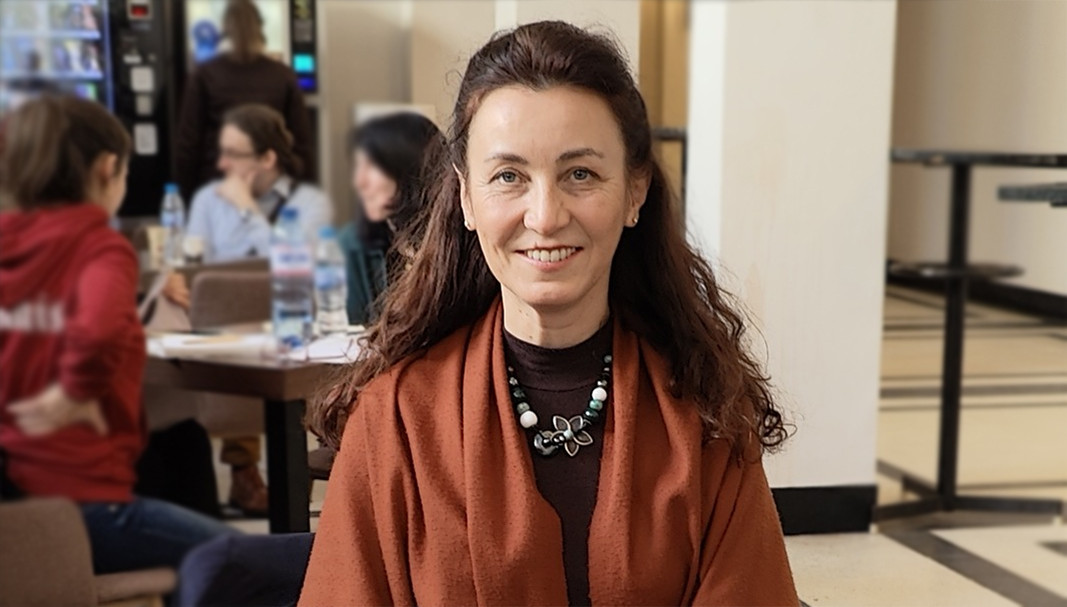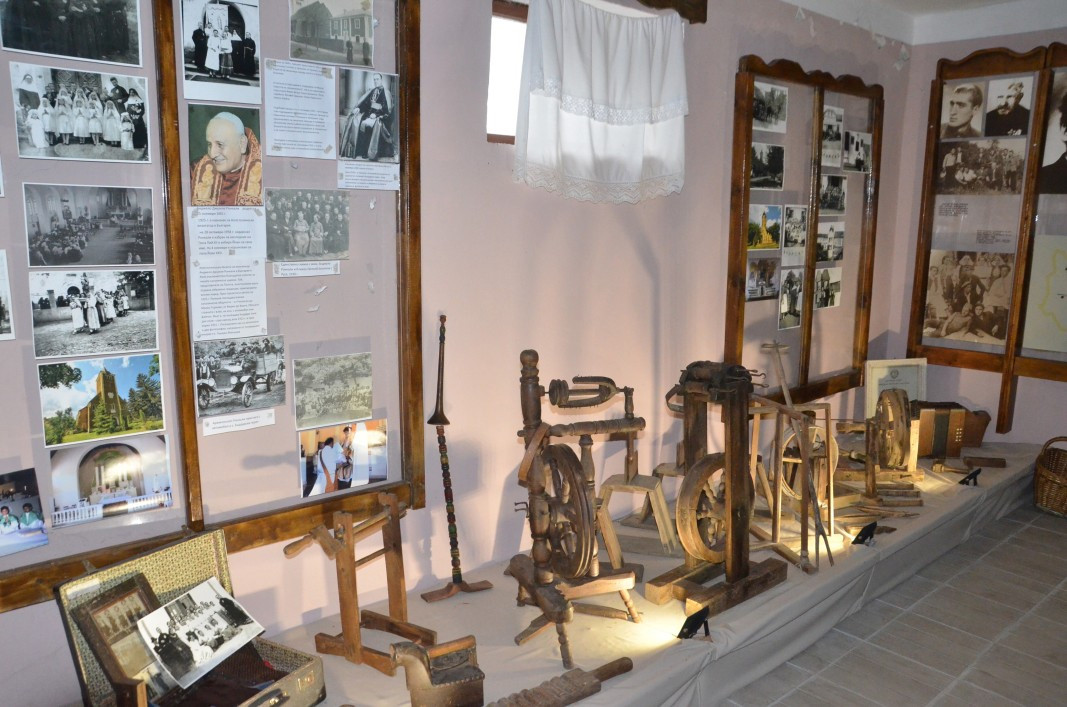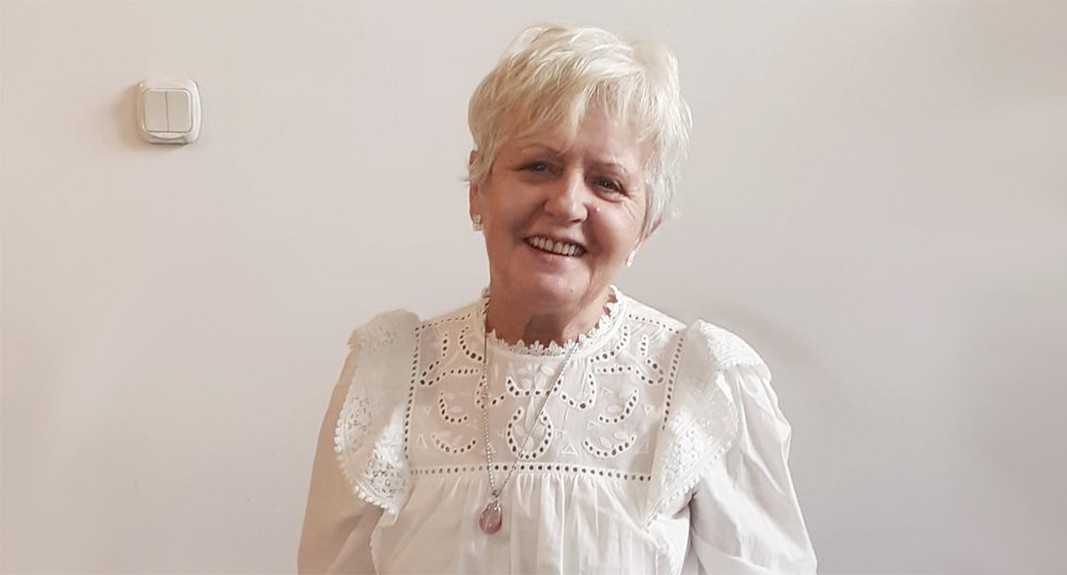They are among us and it is difficult to distinguish them from all other Bulgarians, as they have an excellent command of literary Bulgarian and fit perfectly into the society, even their names do not sound any different...
But what is it that distinguishes the community of Banat Bulgarians in this country?
The Banat Bulgarians are Bulgarian Catholic immigrants who lived in isolation in the Banat region, on the present-day territories of Romania and Serbia, for more than 300 years. They are people who have managed to survive on their own for centuries and have preserved their Bulgarian essence. Their writing is based on Latin and they have kept it since the 17th century. It is recognized as the second literary form of the Bulgarian language. They also create literature in it, have characteristic folklore and write poetry, we learn from the modern studies of researchers of the Bulgarian Academy of Sciences. However, a small community of Banat Bulgarians also lives on the territory of Bulgaria.

The reasons for the settlement of Bulgarians in Banat are historical
After the defeat of the Chiprovtsi Uprising (1688), a large part of the Bulgarian Catholics in the region went to seek salvation in the borders of Austria-Hungary, with whose Catholic community they maintained ties. There they had good living conditions, they were provided with land and the opportunity to make a living. After that, there were several waves of resettlement that continued into the 18th century. With great difficulty they managed to transfer all their way of life and culture to their new place of living. After the Liberation (1878), a part of the Banat Bulgarians returned to Bulgaria. The village of Bardarski Geran, in northern Bulgaria is the center of the community. Every year traditional meetings of the Banat community are held there, as the younger ones can learn more about their roots, traditions and identity.

Recently, a meeting took place in Sofia, preceded by a scientific session dedicated to their culture, language and literary creativity. The gatherings in Sofia are organized by the Association of Banat Bulgarians in this country. Its chairman is Svetlana Karadzhova, PhD candidate at BAS:

"I am a 100% Banat Bulgarian, originally from Burdarski Geran, and this is the largest village of this community in Bulgaria. As long as there are speakers of this language, it will survive. I am proud of my origin, this is what makes us more special and we are an example of how a community can survive in difficult conditions. If Banat Bulgarian is the second literary norm, I see no problem in recognizing that those who speak it have a command of the Bulgarian literary language. There are also other variants of modern Bulgarian. So, all people who have preserved their Bulgarian dialect, their speech, wherever they are in the world, are Bulgarians and keep a variant of our Bulgarian language. This is the wealth of our language that should to be preserved."

In addition to Palken, which is spoken in the village of Bardarski Geran, there are other differences between the Bulgarians who profess Eastern Orthodoxy and the Catholic Bulgarians of Banat, Maria Vachkova Ronkova, from Burdarski Geran says:

"There are differences in our cuisine and in our holidays. Our religious holidays are also celebrated differently from the Orthodox ones. Our families are very cooperative, we help each other and the traditional greeting between us is ‘Falmes!’, which means 'Let's praise Jesus'. The answer is ‘Oveki’ - i.e. ‘forever’ and this is how we identify ourselves - the Bulgarians of Banat. We are Bulgarians, we are not divided from our people, but our identity is that of Banat Bulgarians and I care very much for the preservation of everything Palken and of our language."
Read also:
The Embassy of Bulgaria in the Arab Republic of Egypt and the Republic of Sudan and the management of the Bulgarian School "St. Cyril and Methodius" in Cairo invite our compatriots to the opening of the 2025/2026 academic year. The event will take..
Today, 57,000 first graders across Bulgaria walked through the school doors for the first time. More than 2,300 schools across the country opened their doors to welcome students on September 15, a BGNES reporter..
An event dedicated to the Bulgarian oil-bearing rose (rosa Damascena) will take place on September 19 in Ireland, BTA reports. Its organizer is the Embassy of Bulgaria in the country. “We are pleased to invite you to a unique journey of sound..
Today, 57,000 first graders across Bulgaria walked through the school doors for the first time. More than 2,300..
The Embassy of Bulgaria in the Arab Republic of Egypt and the Republic of Sudan and the management of the Bulgarian School "St. Cyril and Methodius" in..

+359 2 9336 661
